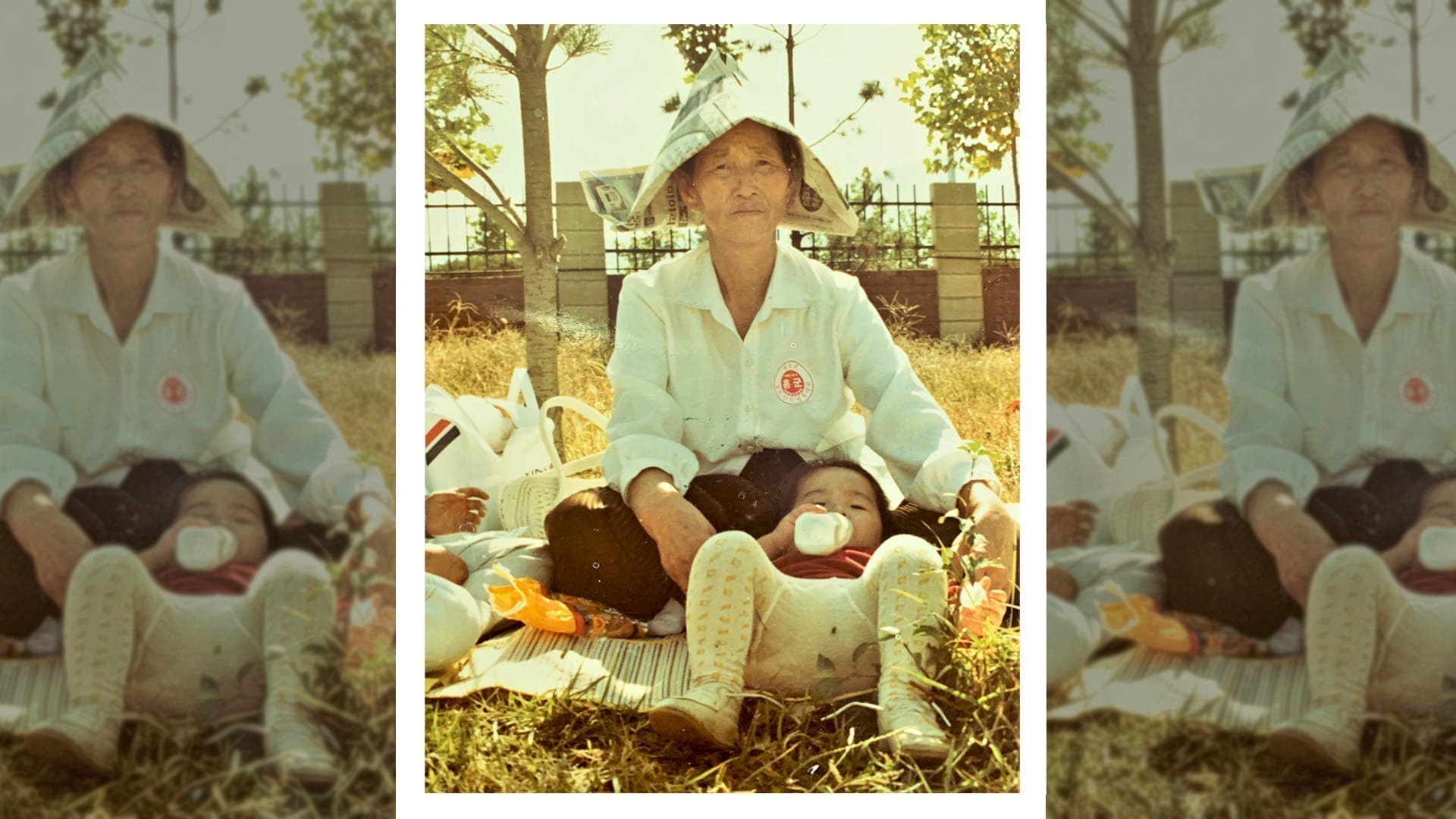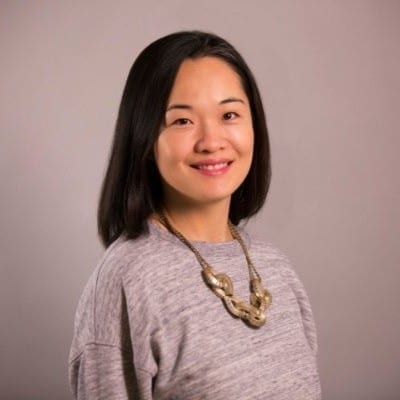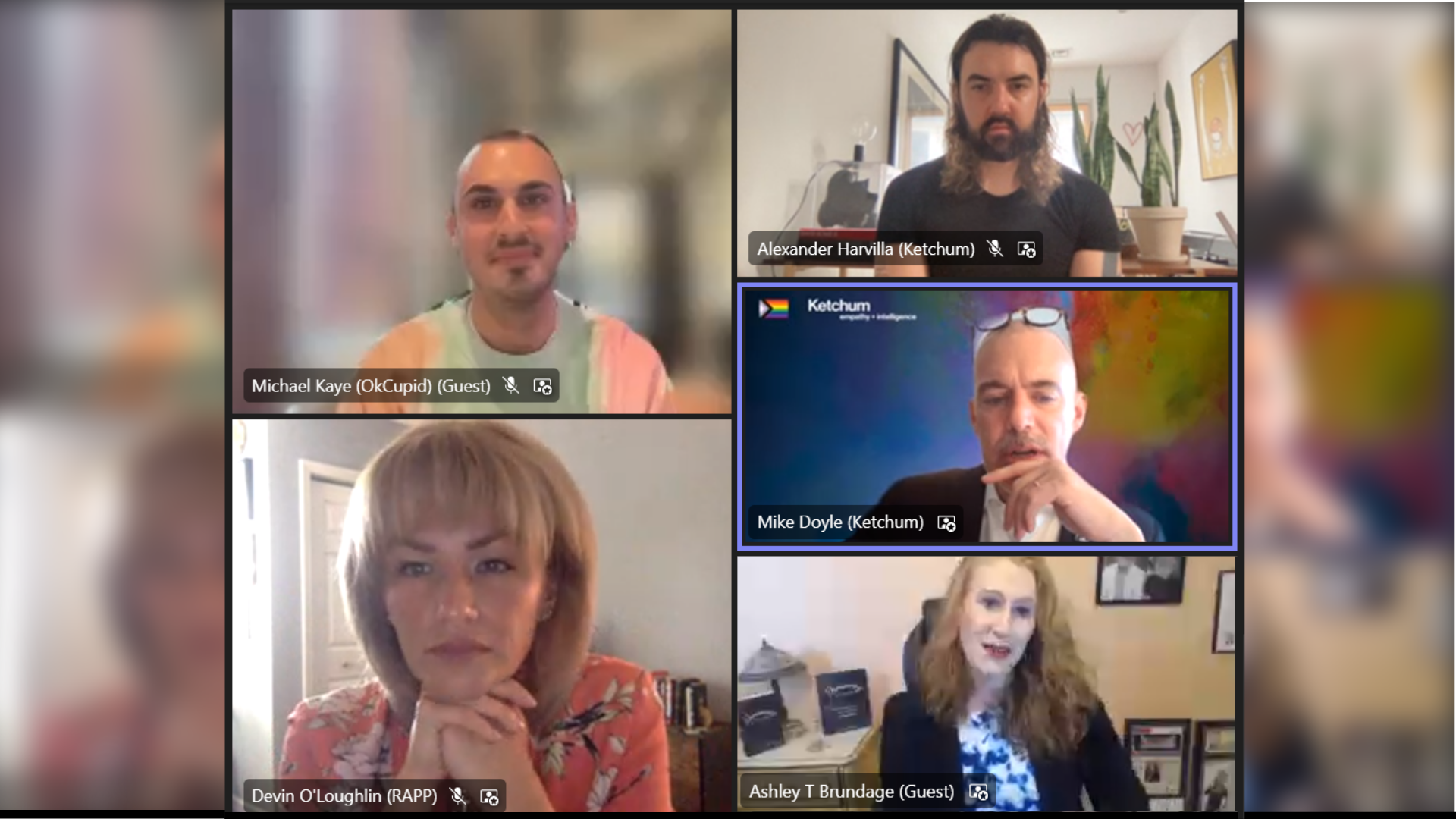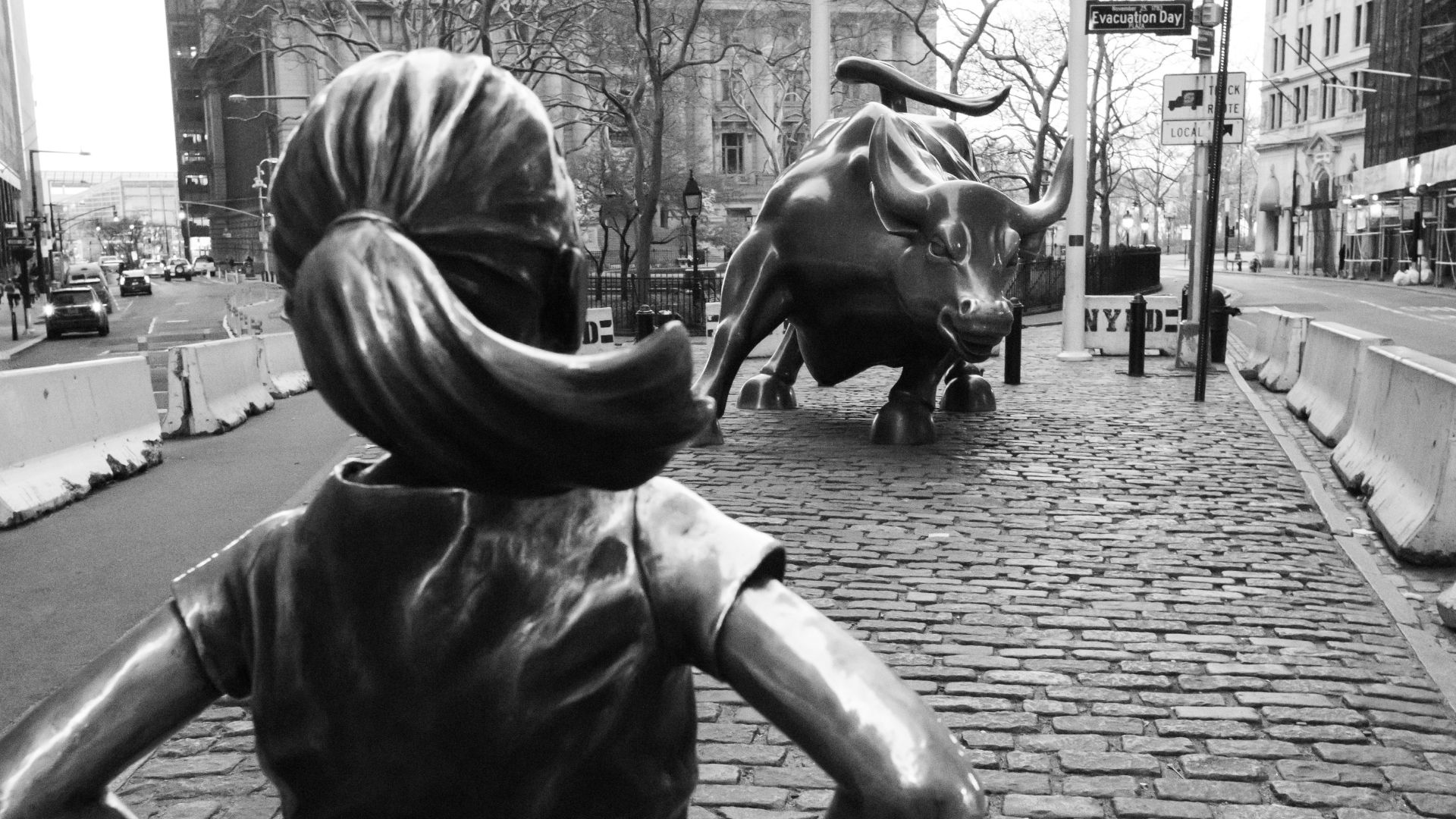My grandmother taught me a definition of resilience that’s familiar to many Asian American women.
I was five years old and living in Korea. My father had moved to the U.S. to study, my mother had moved into the hospital with my sick brother, and I was being bullied as the new kid in my neighborhood. My grandmother, who had moved in to take care of me, saw me being tied up with rope one day and yelled at the older boys to leave me alone. I ran up the stairs of our apartment building, crying and expecting to be comforted. Instead, I was confronted with: “Quit crying. They are picking on you because they see you are weak. Never show anyone that you are weak.”
It’s the first memory I have of an important life lesson.

My Grandmother and Countless Like Her Endured in Silence
I have often credited that experience, and my grandmother, for my own ability to weather the storm, which translates to: take things as they come, don’t show your emotion and endure at all costs. My grandmother, who fled what is now North Korea in 1950 and settled in South Korea as a refugee, did just that for her family. She passed away a few years ago at 98, and until the very end, she endured the pain of impending death silently and alone.
I’ve thought of her as new reports began to appear with increasing frequency about attacks on Asian seniors in the U.S. While my grandmother never immigrated here, I have been thinking about those like her who endured war and harsh conditions in their home countries before immigrating to the U.S. in search of better economic opportunities. When several older Asian women were gunned down in Atlanta, their deaths stunned me, but what broke my heart was the thought that they came here after a lifetime of quietly enduring injustice after injustice.
Resilience in the Asian American Community
Psychologists define resilience as the process of adapting well in the face of adversity, trauma, tragedy, threats or significant sources of stress, and the ability to bounce back from such stressors.
Many Asian Americans have internalized the version of resilience — of quietly enduring — passed down from our grandparents, and many have probably admired it. But as our consciousness grows, and the post-COVID-19 attacks on our community increase, many Asian Americans are questioning the true meaning of resilience.
Resilience and Mental Health: Not What You Might Think
The Asian Women’s Action for Resilience and Empowerment (AWARE), funded by the National Institute of Mental Health, is a first-of-its-kind, culturally informed group therapy intervention specifically designed to address growing mental health problems among young Asian American women. Despite the stereotype of the well-adjusted model minority, young Asian American women who have to traverse two worlds while navigating young adulthood die by suicide at an alarming rate, while having the lowest rates of actual mental health diagnosis and treatment.
As part of the intervention, AWARE identified several “disempowerment traps” that can increase young women’s mental health risk factors. These traps occur at four socioecological levels: individual, interpersonal, community and system. At the macrosystem level, or what is labeled as the “suffering-alone” trap, there are stories like:
- “When I get depressed I just do nothing. Just don’t say anything and it will usually work out.”
- “I personally don’t like the model of individual therapy. I’m kind of a do-it-yourselfer.”
We hear our grandmothers’ version of resilience echoed in the experience of women 70-80 years their junior. Fortunately, programs like AWARE are helping young Asian Americans overcome the culture of silence, at home and in the community. They teach young Asian Americans that resilience does not mean suffering alone and encourage them to take proactive and intentional steps to care for their mental health. Thinking like this allows us to redefine what it means to be resilient in a world that can be stressful and even traumatic.
Now, we still endure but we seek counseling and mental health services; we share our stories when our friends and colleagues check in.
And we don’t stay silent.
We speak out for those who only know to quietly endure; we organize to push policy and funnel more resources towards anti-AAPI crimes, anti-AAPI bullying and improved cultural education (see Ketchum’s Anti-Racism Resource Guide).
And we dig deeper into our experiences so the five-year old child can cry, show her vulnerability, and still make her mark in the world.



